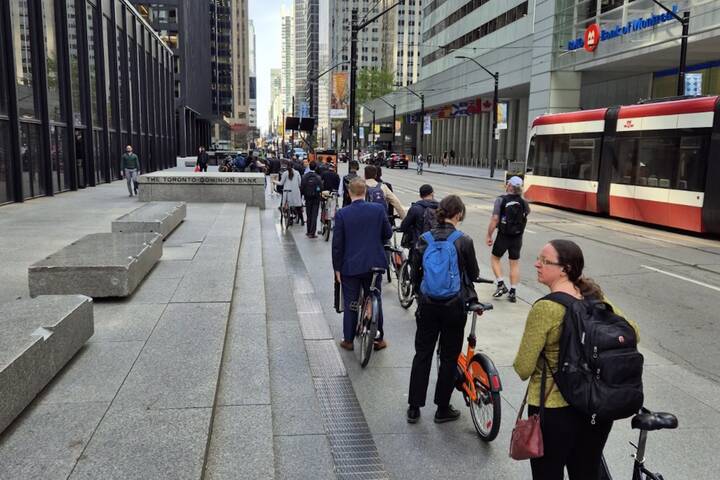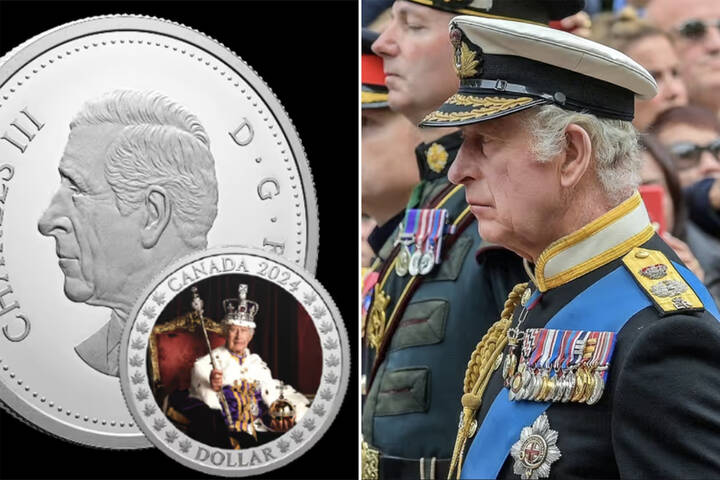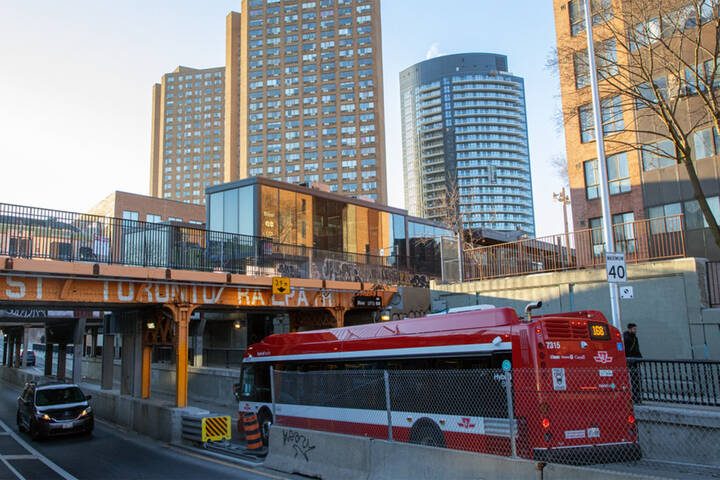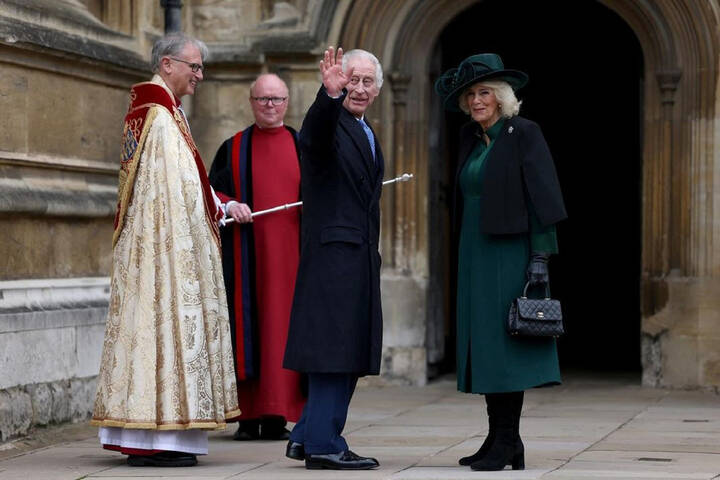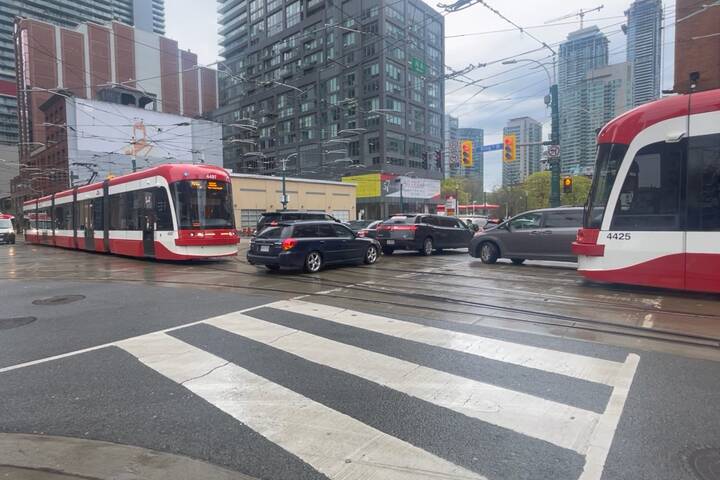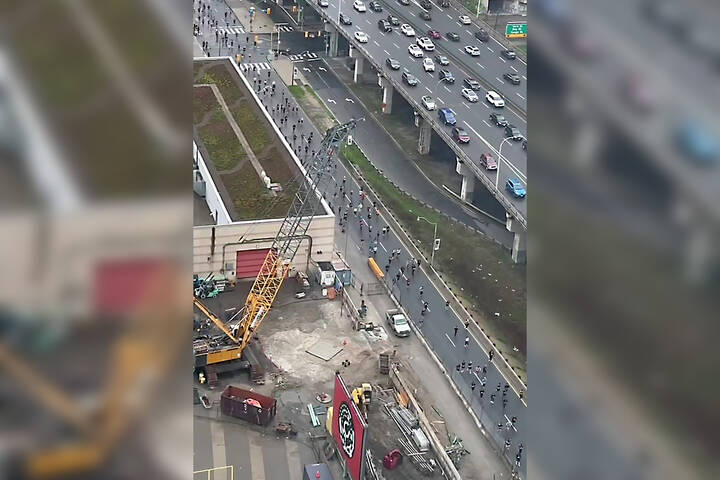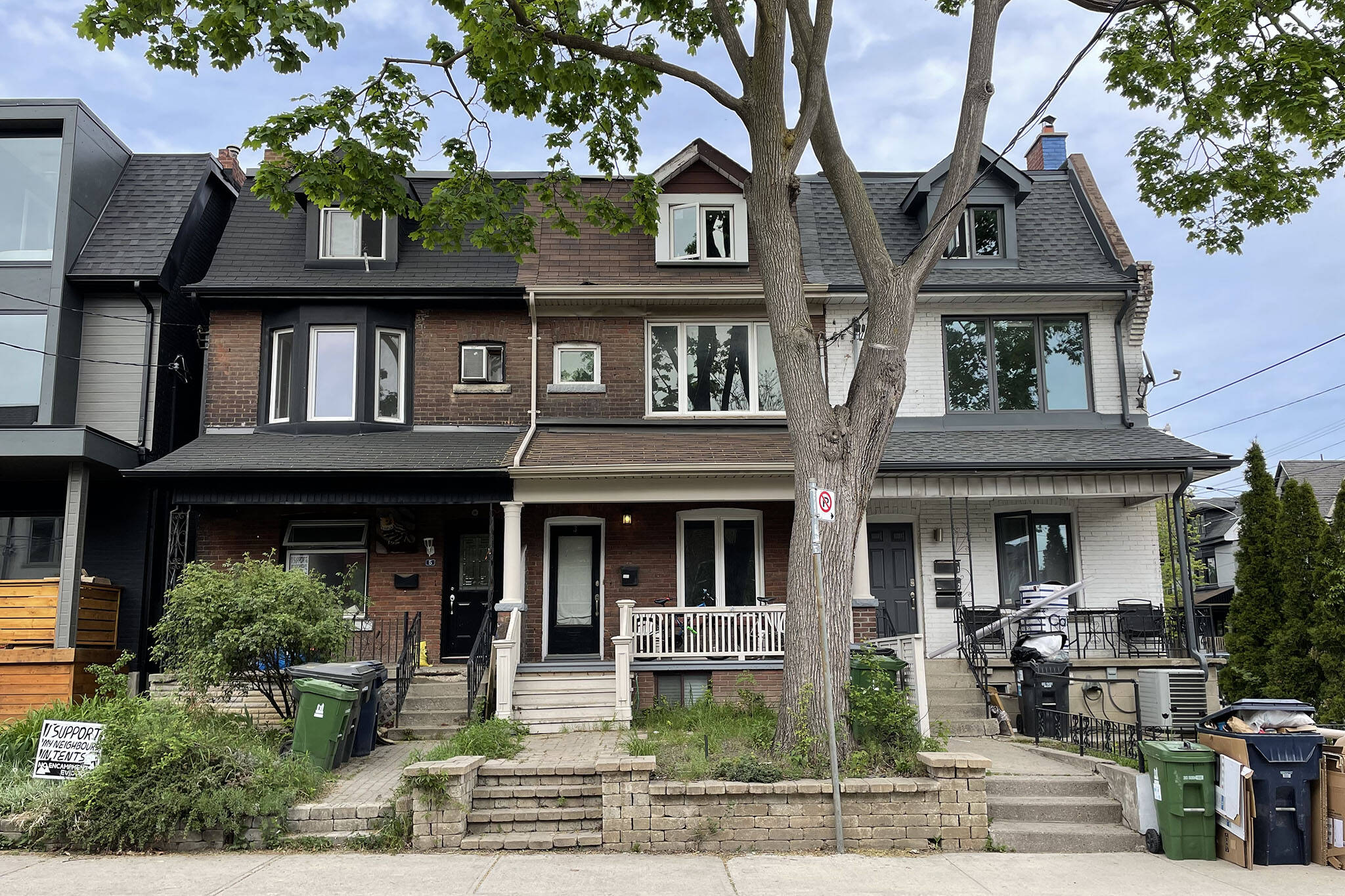
Here's how Canada's new tax-free first home savings account works
As rental costs soar to unprecedented heights, many Canadians are considering buying a home. But rising mortgage interest rates and inflation have also made that a lot more challenging for aspiring homeowners.
One of the Liberal government's proposed budgetary measures became a reality on April 1. Since then, seven financial institutions have been able to officially offer the tax-free First Home Savings Account (FHSA).
The government estimates the FHSA will provide $725 million in support over five years.
According to a report RBC released on August 3, Canadians are already taking advantage of this in large numbers.
"We're seeing amazing interest in this new tax-free account, particularly among younger Canadians who are building a down payment for their first home," said Flora Do, vice president of investments transformation at RBC.
"Since our April launch, tens of thousands of RBC FHSAs have been opened by Canadians – phenomenal early uptake of this innovative way to save and invest for a first home."
But what exactly is an FHSA? Could it genuinely help you buy a home? What advantages does it hold over a regular tax-free savings account?
Here are some things you should know before you make up your mind.
How does it work?
The FHSA help Canadians save for a down payment to buy their first home amid rising housing prices.
"The new tax-free First Home Savings Account is a registered savings account that helps Canadians become first-time home buyers by contributing up to $8,000 per year (up to a lifetime limit of $40,000) for their first down payment within 15 years," reads an August 11 release from Immigration, Refugees and Citizenship Canada.
Similarly to a Registered Retirement Savings Plan (RRSP), contributions to the savings account are tax-deductible. In addition, withdrawals to buy your first home are non-taxable, like a Tax-Free Savings Account (TFSA).
"Tax-free in, tax-free out," reads the budget.
The annual maximum contribution to the account is $8,000 per year.
Will it help you afford a home?
Critics have said the FHSA will not solve housing affordability.
With Canada still recovering from surging inflation rates comes a continued hike in home prices. We are still witnessing aggregate costs of over $1 million.
On top of that, the overall cost of living has risen, with Canadians having to shell out more for food and groceries over the past year.
When it was first announced last year, Jason Pereira, president of the Financial Planning Association of Canada, shared a Twitter thread on how "misguided" the new savings account was.
Given today's announcement that the government is going to move forward with the Tax-Free First Home Savings Account, let me just remind everyone how misguided this entire thing is and how it could have been more easily accomplished with existing accounts.
— Jason Pereira (@jasonpereira) April 7, 2022
🧵👇#RealEstate https://t.co/BaWumKyUiB
He argued that the government could have expanded the contribution limit to existing savings accounts like the RRSP and the TFSA instead.
"Is this net benefit of a few hundred dollars per year, AFTER everyone has saved over $110,000, to accomplish anything other than creating more work?" he tweeted. "If $40,000 was really the difference, then just add $40,000 in the room to everyone’s TFSA next year instead of creating a mess."
Pereira also added that the only thing that will make homes more affordable is to lower housing prices.
Better Dwelling co-founder and finance expert Stephen Punwasi called the new savings account "insane."
Last #Budget2022 tweet, but the Tax-Free First Home Savings Account is insane.
— Stephen Punwasi 🏚️📉🐈☃️ (@StephenPunwasi) April 7, 2022
You get to put $40k of income, and get a rebate on your taxes. This doesn't just allow me as a home seller to capture 30% more for a downpayment...
.. it also means taxpayers paid it. 🤪🤣
"You get to put [in] $40k of income and get a rebate on your taxes. This doesn’t just allow me as a home seller to capture 30% more for a downpayment… it also means taxpayers paid it," he tweeted.
Punwasi also pointed out that the example given in the 2022 budget of a first-time homebuyer makes more than the median household income in Canada.
The budget's scenario describes two aspiring homeowners making between $50,000 and $100,000 a year. According to Statistics Canada’s most recent data, the median after-tax income of Canadian families and unattached individuals was $68,400 in 2021.
blogTO
Latest Videos
Latest Videos
Join the conversation Load comments
